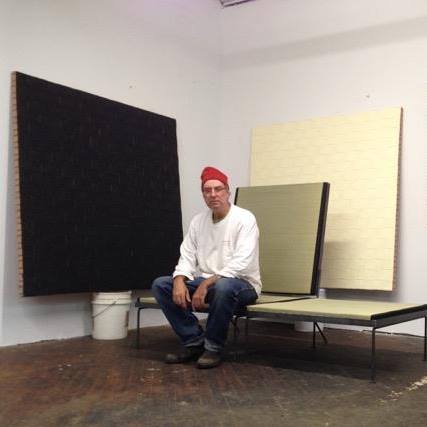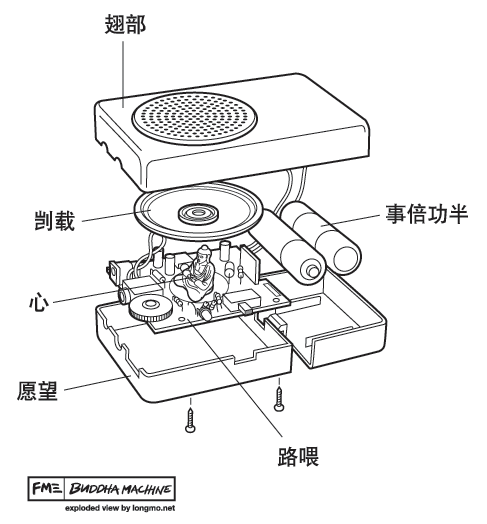Schwarz
View current page
...more recent posts
four 1920's or 1930's initiation photographs
I've been writing love songs all my life, never rocking the boat. There were years that I paid no attention to the political process, times I never voted. The closest I came to writing music with any social and political connotation was "What the World Needs Now is Love." When that song was written 40 years ago, it was an important song.
And, now, it is a thousand times more so.
But starting with the 2000 election, things for me began to change. I watched as Bush basically stole the election, and other terrible situations occurred; and by the time 9/11 hit, I didn't feel like writing love songs.
dukesfest '06
Earlier in my life there seemed to be unlimited possibilities, but my mind was closed. Now, years later and with an open mind, possibilities no longer interest me. I seem content to be continually rearranging the same furniture in the same room. My concern at times is nothing more than establishing a series of practical conditions that will enable me to work. For years I said if I could only find a comfortable chair I would rival Mozart.
My teacher Stefan Wolpe was a Marxist and he felt my music was too esoteric at the time. And he had his studio on a proletarian street, on Fourteenth Street and Sixth Avenue. . . . He was on the second floor and we were looking out the window, and he said, “What about the man on the street?” At that moment . . . Jackson Pollock was crossing the street. The crazy artist of my generation was crossing the street at that moment.
If a man teaches composition in a university, how can he not be a composer? He has worked hard, learned his craft. Ergo, he is a composer. A professional. Like a doctor. But there is that doctor who opens you up, does exactly the right thing, closes you up—and you die. He failed to take the chance that might have saved you. Art is a crucial, dangerous operation we perform on ourselves. Unless we take a chance, we die in art.
Polyphony sucks.
Because I’m Jewish, I do not identify with, say, Western civilization music. In other words, when Bach gives us a diminished fourth, I cannot respond that the diminished fourth means, O God. . . . What are our morals in music? Our moral in music is nineteenth-century German music, isn’t it? I do think about that, and I do think about the fact that I want to be the first great composer that is Jewish.
“That means a bigger picture,” she says. “When somebody comes to somebody and says, ‘Do this project,’ if there’s been a study of that area, they know what kind of envelope they should have. But there doesn’t seem to be much study at all here. On one hand, it’s kind of refreshing in New York that every plan is autonomous and just goes up; on the other hand, you have a lot of ad hoc stuff that isn’t perfect.”
“People have tremendously emotional feelings about cities like Paris because it never changes,” I say. “I know Paris probably needs as many things as anywhere else, but a city like that, a completely beautiful place for centuries, why do anything there?”
“I think it’s a problem if we don’t change,” she says. “It’s beautiful, but it has no energy. Like Venice—it’s beautiful when you have the film festival or the Biennale, and it’s beautiful in winter. But it can’t grow. Paris is very even. But otherwise it’s quite dull.”
As I can’t agree, I drop it. I would rather live in a dull, beautiful place than a place where things “happen.” My own utopian ideas involve population control and scaling down the human presence on the planet. Architects think in terms of endless capitalist expansion, endless growth, endless everything; yet I feel certain we are coming to the end of endlessness. Still, Zaha Hadid is probably the only architect I’ve met who seems conscious of this, without necessarily acknowledging it. She has to build, so she needs to be positive. I have to write and have the luxury of skepticism.
We discuss the recent fracases over air rights and plot mergers, particularly in the West Village. “One could say it’s terrible,” she says. “But in Hong Kong they used to do illegal extensions, and sometimes they were nice. But I understand the problem, if you have something and it disappears. I used to come to New York a lot; my brother had a flat in midtown with the most fantastic view. And he thought he had the air rights to the next-door building. Then they decided to make a tower, and it wasn’t illegal, and suddenly it was like a blank wall in front of our faces. It’s a tragedy, but it was part of life in New York, I guess.”

